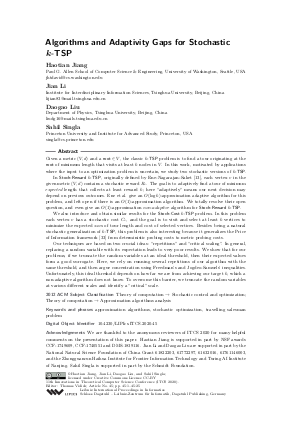LIPIcs.ITCS.2020.45.pdf
- Filesize: 0.65 MB
- 25 pages

 Creative Commons Attribution 3.0 Unported license
Creative Commons Attribution 3.0 Unported license

































Feedback for Dagstuhl Publishing